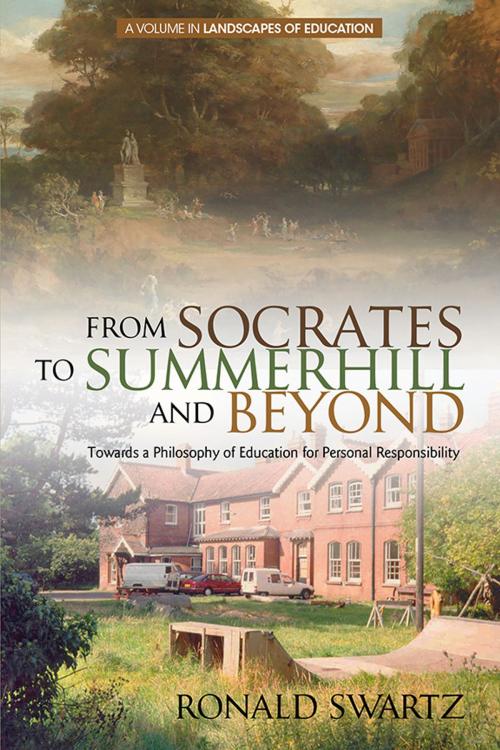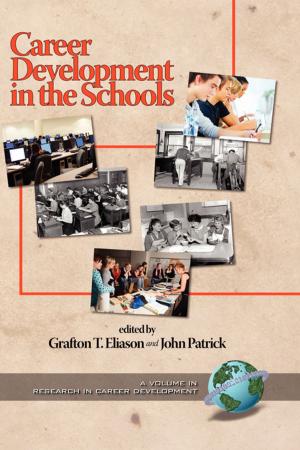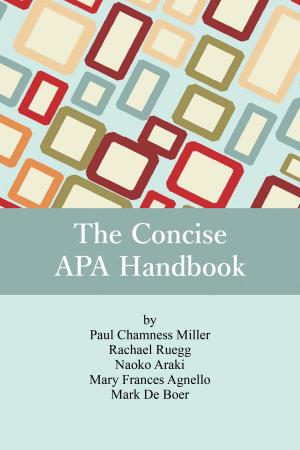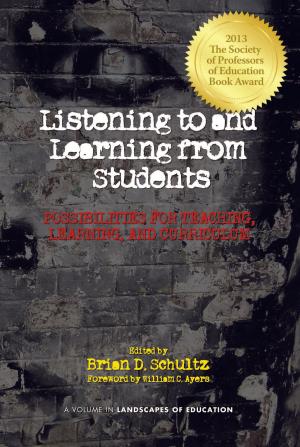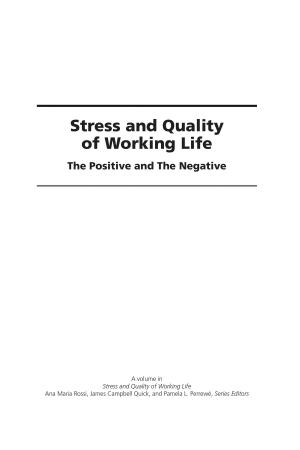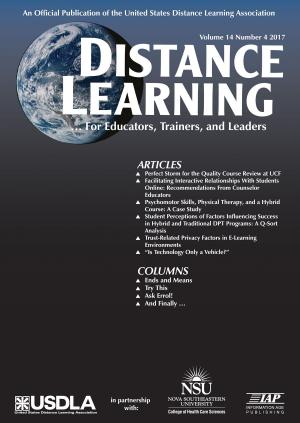From Socrates to Summerhill and Beyond
Towards a Philosophy of Education for Personal Responsibility
Nonfiction, Reference & Language, Education & Teaching, Educational Theory, Educational Psychology, Educational Reform, Philosophy & Social Aspects| Author: | Ronald Swartz | ISBN: | 9781681235547 |
| Publisher: | Information Age Publishing | Publication: | June 1, 2016 |
| Imprint: | Information Age Publishing | Language: | English |
| Author: | Ronald Swartz |
| ISBN: | 9781681235547 |
| Publisher: | Information Age Publishing |
| Publication: | June 1, 2016 |
| Imprint: | Information Age Publishing |
| Language: | English |
In From Socrates to Summerhill and Beyond: Towards a Philosophy of Education for Personal Responsibility, Ronald Swartz offers an evolving development of fallible, liberal democratic, self?governing educational philosophies. He suggests that educators can benefit from having dialogues about questions such as these: 1). Are there some authorities that can be consistently relied upon to tell school members what they should do and learn while they are in school? 2.) How should the imagination of social theorists be both used and checked in the development and implementation of innovative educational reforms? 3.) How can teachers in personal responsibility schools help their students learn? These questions are representative of problems that Swartz raises in his book. Swartz identifies four educational programs as personal responsibility schools. These are Little Commonwealth (Homer Lane); Summerhill (A.S.Neill); Orphans Home (Janusz Korczak) and Sudbury Valley School (Daniel Greenberg). Swartz then suggests that these learning environments create social institutions that are liberal, democratic, and self?governing and therefore endorse the policy of personal responsibility. This policy states: All school members, students included, are fallible authorities who should be personally responsible for determining their own school activities and many policies that govern a school. Schools which incorporate this policy can interchangeably be referred to as personal responsibility, self?governing, or Summerhill style schools. In providing an historical and philosophical understanding of Summerhill style schools, Swartz suggests that these educational alternatives have intellectual roots in the ideas associated with Socrates as portrayed in Plato’s Apology. Specifically, in personal responsibility schools teachers are not viewed as authorities who attempt to transmit wisdom to their students. Rather, self?governing schools follow the Socratic tradition which claims that teachers can be viewed as fallible authorities who attempt to engage students in dialogues about questions of interest to students. The interpretation of Plato’s works used by Swartz can be found in Karl Popper’s The Open Society and Its Enemies. Swartz has also been significantly influenced by the educational writings of Bertrand Russell and Paul Goodman. Goodman’s Compulsory Miseducation makes it clear that schools which follow in the tradition of Summerhill compete with the educational programs that are an outgrowth of John Dewey’s writings. In summary, Swartz’s book aims to engage educators in dialogues that will lead to improved educational theories and practices.
In From Socrates to Summerhill and Beyond: Towards a Philosophy of Education for Personal Responsibility, Ronald Swartz offers an evolving development of fallible, liberal democratic, self?governing educational philosophies. He suggests that educators can benefit from having dialogues about questions such as these: 1). Are there some authorities that can be consistently relied upon to tell school members what they should do and learn while they are in school? 2.) How should the imagination of social theorists be both used and checked in the development and implementation of innovative educational reforms? 3.) How can teachers in personal responsibility schools help their students learn? These questions are representative of problems that Swartz raises in his book. Swartz identifies four educational programs as personal responsibility schools. These are Little Commonwealth (Homer Lane); Summerhill (A.S.Neill); Orphans Home (Janusz Korczak) and Sudbury Valley School (Daniel Greenberg). Swartz then suggests that these learning environments create social institutions that are liberal, democratic, and self?governing and therefore endorse the policy of personal responsibility. This policy states: All school members, students included, are fallible authorities who should be personally responsible for determining their own school activities and many policies that govern a school. Schools which incorporate this policy can interchangeably be referred to as personal responsibility, self?governing, or Summerhill style schools. In providing an historical and philosophical understanding of Summerhill style schools, Swartz suggests that these educational alternatives have intellectual roots in the ideas associated with Socrates as portrayed in Plato’s Apology. Specifically, in personal responsibility schools teachers are not viewed as authorities who attempt to transmit wisdom to their students. Rather, self?governing schools follow the Socratic tradition which claims that teachers can be viewed as fallible authorities who attempt to engage students in dialogues about questions of interest to students. The interpretation of Plato’s works used by Swartz can be found in Karl Popper’s The Open Society and Its Enemies. Swartz has also been significantly influenced by the educational writings of Bertrand Russell and Paul Goodman. Goodman’s Compulsory Miseducation makes it clear that schools which follow in the tradition of Summerhill compete with the educational programs that are an outgrowth of John Dewey’s writings. In summary, Swartz’s book aims to engage educators in dialogues that will lead to improved educational theories and practices.
